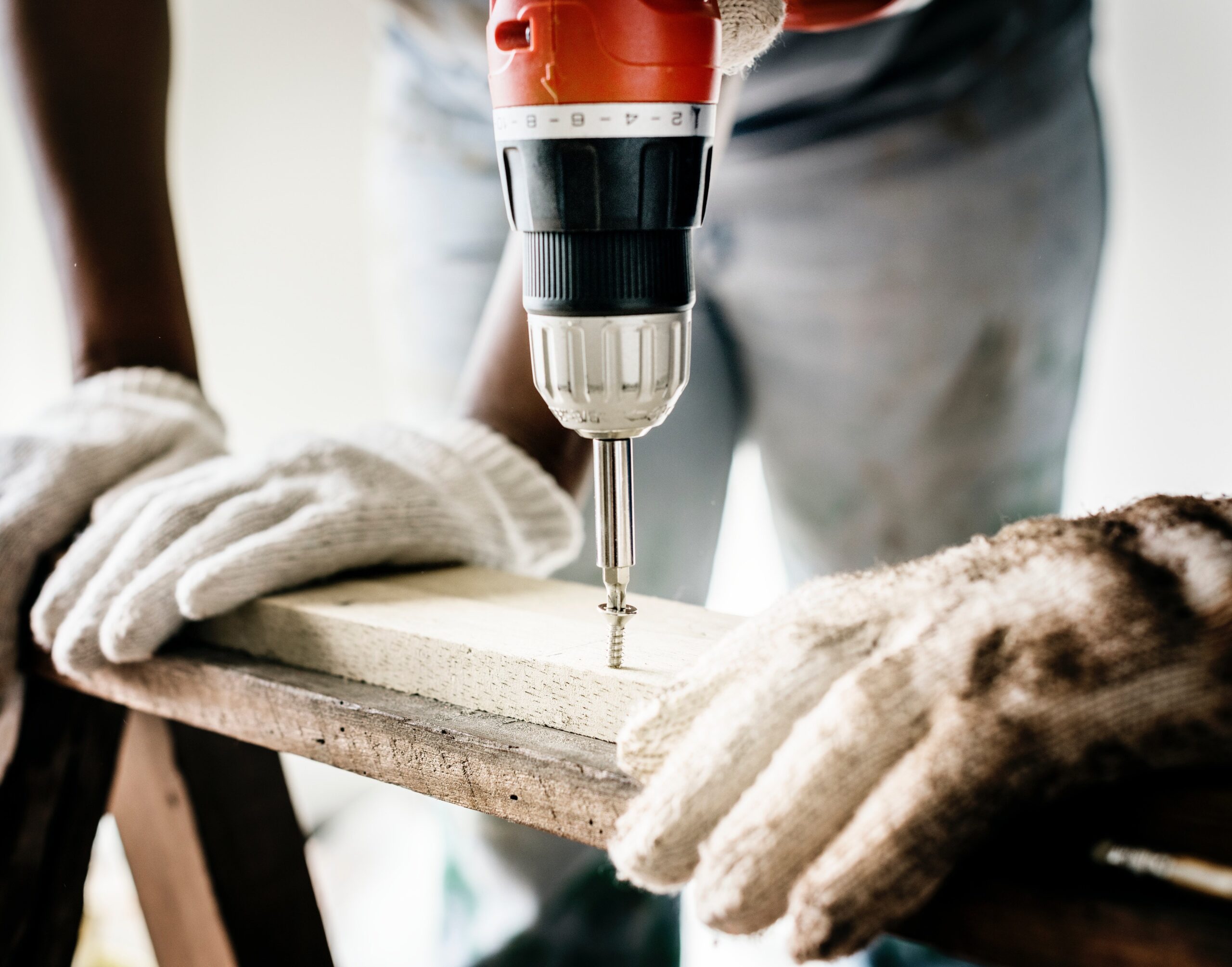How to Assemble the Best Home Renovation Team

Feb 10 | 2019

If there’s any endeavor that really does take a village, it’s home renovation. As you tear down walls, imagine the kitchen of your dreams, and install large appliances, you’ll be dealing with a team of specialists. Here’s how to put together an Olympic-worthy dream team. [shortcode-1-In-Article-Banner-728×60] The Visionary “I always half-rolled my eyes at real
